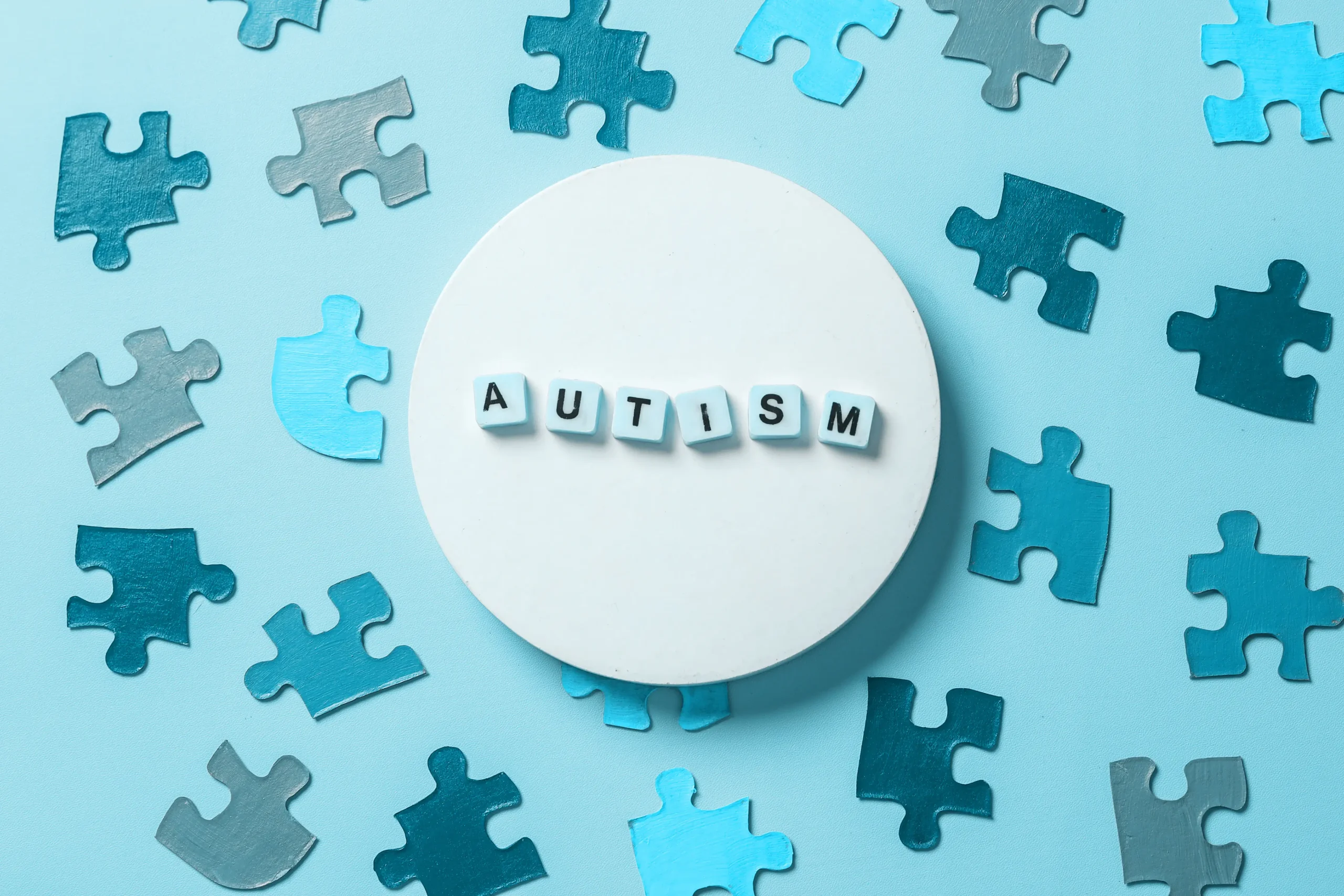7 Factors men should know that will affect their health
Men often neglect their health because they are “too busy” or “strong and healthy enough”. They also sacrifice their own health to ensure their spouses and children are cared for.
Remember, however, that your wife and children will be far worse off if you are no longer here to take care of them.
This month is Men’s Health Month. So, let’s take a look at 7 factors men should always be aware of when it comes to their health.
1. The Big C – Cancer
Men sometimes erroneously believe that cancer affects more women than men. Not so. In fact, indiscriminate of gender, cancer kills more South Africans than HIV/AIDS, TB (tuberculosis) and malaria combined.
Speaking at the YPO conference held in Cape Town earlier this year, Adrian Gore, MD of Discovery Health, noted that the average South African male is far more likely to die from cancer than a botched hijacking.
The four most common types of cancer are breast, prostate, lung and colon. Lung cancer, for example, which is dramatically increased by smoking, kills almost 150,000 Americans every year, while there are 250,000 new cases of breast cancer in the US annually. Prostrate and testicular cancer are the types that men need to be especially aware of.
Research is varied as to what exactly triggers cancer, but genes, poor diet, high levels of stress and environmental factors can play a role. Cancer is a difficult disease, but it can be beaten. Listen to your body, nourish yourself with good food, lots of water and enough sleep, and visit your doctor for regular check-ups.
Learn more about cancer and how the treatments affect your body.
2. Erectile dysfunction
This is a very touchy subject, but it’s more common than what most men believe, and it’s one of the reasons why a little blue pill called Viagra is still popular. As men age, so the blood flow can be restricted and it can be harder to reach erection, which can put untold strain on a relationship and may induce feelings of inadequacy.
It is important to know, however, that the problem may be linked to other diseases, so it should never be left unchecked. Blood pressure tablets, for example, which are designed to lower the pressure of blood being pumped through the body, may be a significant contributing factor.
3. High blood pressure (hypertension)
High blood pressure is age-related and is when an increase in blood pressure is usually brought about by hardening and narrowing of the artery walls which restricts the flow of blood in the blood vessels. The heart has to work harder to pump the blood through the body, which increases the pressure in these vessels.
It may seem like nothing, but elevated blood pressure levels above 120/80 carry with them quite a list of health problems, from heart attack and stroke to kidney disease and eye disease. Factors that cause this problem include being overweight, smoking and drinking too much.
Blood pressure testing is inexpensive and pain-free, so get yours tested regularly (especially if you’re over 40), and seek medical help immediately if elevated.
Learn more about the dangers of hypertension here.
4. Stroke
While we’ve mentioned this above, stroke needs its own point. Known together with high blood pressure throughout the world as The Silent Killer, most men are blissfully unaware of the danger of having one until it’s too late.
A stroke occurs when the blood vessels in the brain have become so constricted that there is either a blockage that cannot pass through the vessels, or they burst. The blood flow to the brain is affected and causes brain tissue to die from lack of oxygen, which leads to mental and/or physical disability (like loss of speech or permanent paralysis).
High blood pressure and high levels of cholesterol are leading contributing factors of a stroke. Medication and lifestyle changes such as healthy eating and regular exercise are the best preventative measures.
Learn more about the most vital things that you need to know about strokes here.
5. Diabetes
As delicious as those sugary drinks and chocolate bars are, there is more and more evidence to suggest that we are becoming less and less tolerant to the enormous amounts of sugar that we consume – one of the main reasons the government introduced the sugar tax. Diabetes is the inability of the pancreas to adequately process sugar using insulin.
Again, as with blood pressure, diabetes is now lumped with a whole slew of diseases collectively known as metabolic syndrome, and Type II has been strongly linked to several lifestyle factors such as being overweight and consuming excessive sugar. Again, the best cure is a lifestyle change, especially as we age.
Learn more about Diabetes Mellitus here and how to be more aware of your diabetes here.
6. Stress
Stress can be defined as the inability to cope with feelings of pressure brought about by several factors such as work or home environment, the death or illness of a loved one, and even crime.
When men stress, the usual emotional coping mechanisms include an increase in drinking and smoking, eating comfort food, junk food and excessive take-aways, and in some cases, promiscuity, all of which can damage health.
As un-manly as they sound, Yoga, Pilates and Tai Chi have been found to lower stress levels, while good old-fashioned exercise or even something as simple as taking a walk outside in the garden can also be of benefit.
If you find that you’re not coping, then always remember that a problem shared is a problem halved. Take it up with a really close friend or see a psychologist if need be.
Learn more about how being less stressed can boost your immunity here.
7. Depression
The rigours of modern living, from constantly living on a smart device to facing the traffic, together with unfulfilled desires and dreams, can all lead to unhappy states that cause depression. Some research even suggests that not following your dreams can create such negativity that the body manifests as disease.
It is important to have emotional and creative outlets, to equilibrate the pace of modern living. Singing in the shower, painting, keeping a journal, cooking, going on holiday with family, parties, visiting friends, hiking in beautiful spaces, exposure to lots of green (both to see and eat), and pursuing meaningful careers and hobbies are all antidotes to depression.
If the problem becomes acute, it is important to see a health professional about the possibility of taking medication, or about redressing psychological imbalances that are making you unhappy.
Life is short, and you have so much living to do. This Men’s Health Month and beyond, make the changes you need to care for yourself.
Learn more about how to deal with anxiety and depression here.
The lenmed Group is a world-class chain of Private Hospitals that brings quality healthcare to communities across Southern Africa.
For more information please contact:
Dr. AT Kongolo (General Practitioner)
MBChB H. Dip Surg
Kathu Private Hospital
Tel: +27 (0) 53 723 1848
Email: [email protected]
Disclaimer: Any information contained here is merely a guideline. Always visit your healthcare practitioner for any health-related advice or diagnosis.















